Mark Billington: Should multinationals report results by country?
By Mark BillingtonThe financial crisis has generated demands for greater transparency in international taxation, pushing tax avoidance up the political agenda.
In the hunt for a solution, country-by-country reporting is being mooted as part of the new financial infrastructure to be constructed in the wake of the crisis. Some think of it as a means to bring about ‘tax justice’ and better government for developing countries; some expect it to tackle tax avoidance; others expect it to improve investor relations.
Should multinational companies, relevant to many financial services companies, have to report their results by reference to each separate country in which they do business? Let’s look at some of the pros and cons.
The current position
At the moment multinational companies publish consolidated accounts which show the aggregate results of all their commercial activities. In addition there is a fairly new reporting standard for those reporting to IFRS, which requires companies to provide an analysis of profit, assets and liabilities so that investors can see the performance of the principal operations or ‘segments’ of the business. This could mean either business or geographical segments and it is designed to reflect the way in which the business is actually run by its chief operating decision-makers. So there will be some data about the different elements of the individual businesses within the multinational and for some companies this could be on a geographical basis.
Should there be more detailed geographical information?
Some people think that businesses ought to report results at an individual country level so that users of the accounts are able to see, at a glance, what any multinational company has achieved in each of the countries of the world in which it has operations – in other words, country by country reporting. The principal reason for this is tax. There is a concern that multinational companies are massaging their numbers so that low profits turn up in high tax countries, which generally means the developed world, and a disproportionate part of the profits is declared in low tax and tax haven countries.
But if each multinational company had to publish how much profit it makes in each country in which it operates, and how much tax it pays in each of those countries, the idea is that those companies wouldn't be able to get away with the things they are accused of doing at the moment.
Businesses are not keen on the proposal because it could add further costs while the information is already available to the tax authorities in the countries in which businesses operate via their tax returns and other reports that they are required to make. There are also concerns that such information can be commercially sensitive.
The price at which cross-border transactions take place
Despite the downturn in world trade over the past 18 months there is still a very considerable amount of goods and services that are traded across borders. It is estimated that as much as 50%, or even more, of this trade is between connected companies. In such cases there could be scope for a business to charge a low price for goods and services supplied from high tax countries and charge higher prices for goods and services supplied from low tax jurisdictions to high tax ones. The overall profit for the business will be the same but more of the profit will end up being taxed in the lower tax countries and more of the expenses recognised in the high tax countries.
The OECD has been working for a long time to minimise this problem by setting out guidelines which seek to lay down how the arm's-length price of a transaction ought to be determined. And more and more countries have put in place transfer pricing regimes so that connected companies have to transact across borders at an arm's-length price, ie the price that would have been struck if the good or service had been bought and sold by businesses that were unconnected.
But there remains a fear among civil society organisations – charities, trade unions, etc. – that multinational companies are still getting away with declaring their profits in countries where there is a lower tax rate and hence reducing the tax they have to pay.
Promoting greater transparency more generally
Another approach to the problem is being promoted by the OECD through its Global Forum on Transparency and Exchange of Information. This has resulted in the setting up of information exchange agreements between countries. In this way, if one country is concerned that a particular company is exploiting the tax system of another country, it can seek information from that other country. In addition, the OECD will start monitoring the transparency of individual countries' tax systems to ensure that companies can't hide anything.
This is a debate that will become increasingly hot over the next few months.



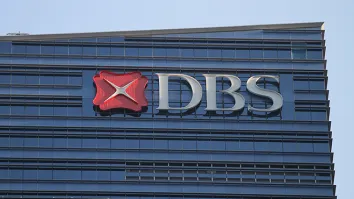


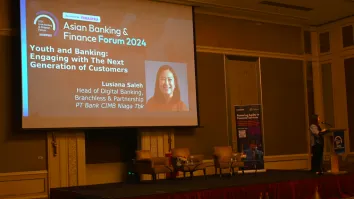


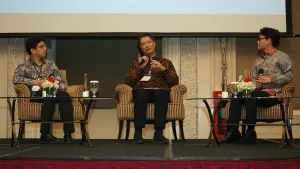
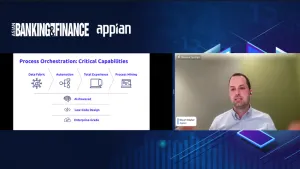
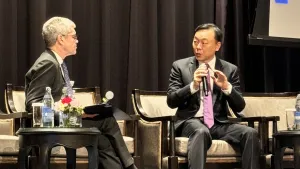




 Advertise
Advertise






